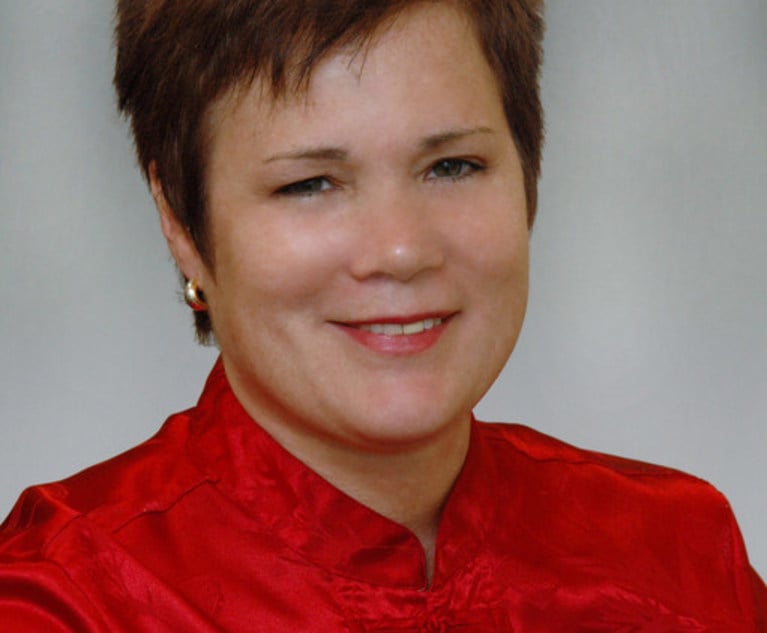Protect, preserve and manage. Those are the duties imposed on a guardian of an infant’s property, to be carried out in the best interest of the infant. N.Y. Sur. Ct. Proc. Act Law (NY SCPA) §1723. Preservation of guardianship property is of paramount importance to the Surrogate’s Court. From an investment perspective, a guardian may satisfy these requirements by passively depositing guardianship funds in an FDIC-approved bank account. N.Y. Sur. Ct. Proc. Act Law §1708. However, a guardian seeking to take more of an active role in management of guardianship funds may enter into an investment agreement to obtain a higher rate of return on those funds. Id. With court approval, a guardian can jointly control guardianship funds with a bank, credit union, or other financial institution (collectively referred to as “financial institution”), somewhat easing the Surrogate’s Court’s involvement. This type of investment agreement can significantly benefit the infant, while also providing the Surrogate with security in knowing that an established financial institution is a party to the agreement and subject to the Surrogate’s oversite.
Guardian’s Duties
While the manner in which a property guardian carries out her duties varies, the larger purpose of her role is to continually protect and advocate for the best interests of her ward. Surrogate’s Court Procedure Act (SCPA) Article 17 governs the appointment, duties and authority of a guardian of an infant. The guardian of an infant’s property is responsible for routine administration of the property, and must keep records of all transfers, deposits and withdrawals of such property and funds. NY SCPA §1723. The Surrogate will review these records in the guardian’s annual account. NY SCPA §1719. Generally, the Surrogate will defer to the guardian’s judgment, guided by a more intimate knowledge of the needs of the infant, and will not substitute its judgment for that of the guardian unless unusual circumstances are shown. Latterman v. Guardian Life Insurance Co. of America, 280 N.Y. 102 (1939). However, the jurisdiction of the court over the property of infants is unlimited, and the court may address every legal and equitable question which may arise in connection with the regulation of guardians and wards. NY SCPA §1701; see also In re Bryant, 188 Misc.2d 462 (Sur. Ct. Broome Cty. 2001).
This content has been archived. It is available through our partners, LexisNexis® and Bloomberg Law.
To view this content, please continue to their sites.
Not a Lexis Subscriber?
Subscribe Now
Not a Bloomberg Law Subscriber?
Subscribe Now
LexisNexis® and Bloomberg Law are third party online distributors of the broad collection of current and archived versions of ALM's legal news publications. LexisNexis® and Bloomberg Law customers are able to access and use ALM's content, including content from the National Law Journal, The American Lawyer, Legaltech News, The New York Law Journal, and Corporate Counsel, as well as other sources of legal information.
For questions call 1-877-256-2472 or contact us at [email protected]


 Raymond Radigan and Kassandra Polanco
Raymond Radigan and Kassandra Polanco




